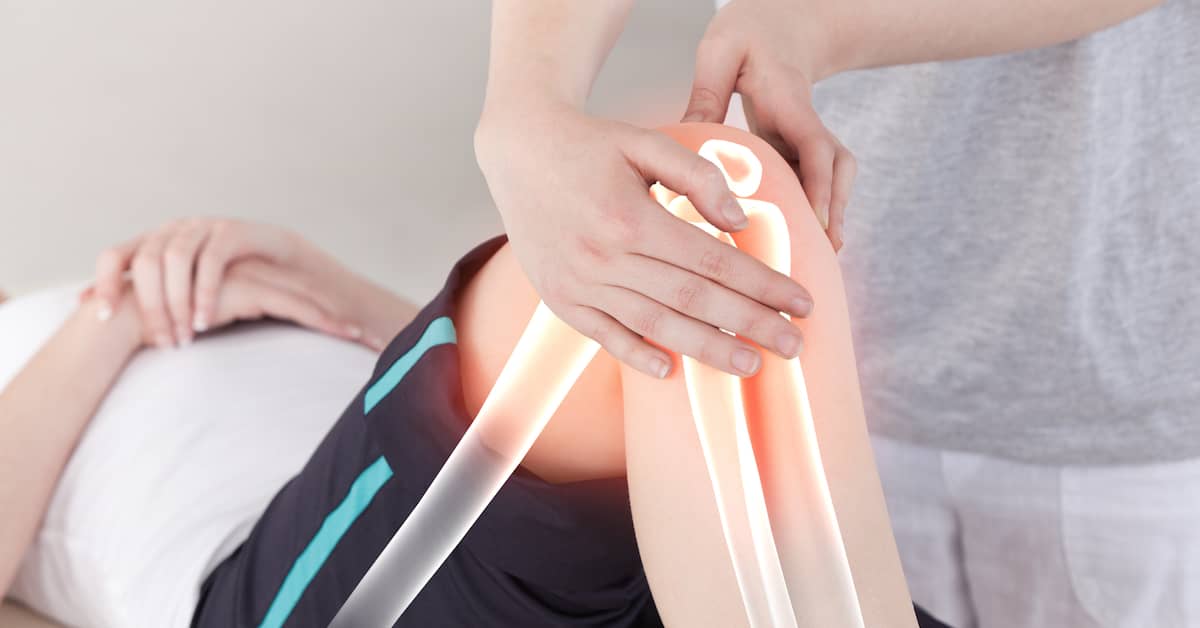
Necessary for Brain Function
As researchers at Columbia University have noted, their lab tests on animals reveal “a remarkable, totally unexpected aspect of the bone-derived hormone osteocalcin is that it is necessary for both brain development and brain function.”1 In one of the studies at Columbia, researchers found that after the bones release osteocalcin, it travels to the brain where it interacts with a protein called RbAp48. In turn, RbAp48 then influences the actions of BDNF and GPR158 in brain tissue. BDNF helps neurons make new connections and GPR158 modulates the brain’s reaction to stress and helps with certain aspects of memory.2 The lab tests at Columbia also demonstrate that these actions improve the function of the brain as it ages, which is critical for all of us as we get older. "Nearly everyone will experience age-related memory loss in their lifetimes, so it is incredibly important to understand its causes and identify ways to mitigate it," says researcher Eric Kandel. "With today's study, we are not only building a detailed understanding of how age-related memory loss originates in the brain, we've shown how osteocalcin interacts with key proteins in the brain to boost memory."When Menopause Weakens the Bones, it Weakens the Brain
In line with the fact that sufficient osteocalcin secreted from bones is needed for proper brain function, a review study at Louisiana State University has compiled a wide range of evidence that the frequent memory problems of menopause are linked to bone changes. As the LSU scientists point out, when menopause causes women’s estrogen levels to drop, the reduction shrinks the amount of bone tissue in the body. That can lead to osteoporosis, the severe loss of bone strength and density that can negatively impact a woman’s ability to remain physically active. And that, in turn, reduces the levels of the available osteocalcin. Furthermore, the researchers note, as osteocalcin levels go down, neurons in the brain are more likely to die off, which compromises memory, learning and other cognitive functions.3 What's more, osteocalcin's benefits go beyond the brain and include: Lowering the risk of insulin resistance and diabetes: A study in Australia demonstrates that people with higher levels of osteocalcin are less vulnerable to suffering diabetes, metabolic syndrome and blood sugar problems.4 Playing a role in stress response: Research suggests that osteocalcin interacts with a part of the brain called the basolateral amygdala in setting off the body’s heightened reaction to danger, yet all the details of how this occurs have yet to be explained.5Getting More Osteocalcin
Studies show that getting consistent exercise is one of the best ways to strengthen your bones and strengthen your supply of osteocalcin. Research shows that the amount of osteocalcin circulating in your blood can double after a workout.6 It’s especially important to remain physically active as you get older, when osteocalcin levels usually drop. Numerous nutrients also support your supply of osteocalcin. These include vitamin D, vitamin K and magnesium.7,8 In addition, getting a sufficient amount of sunshine – without getting sunburned – can help your body make vitamin D. Meanwhile, leafy green vegetables contain vitamin K and there's ample magnesium in nuts, bananas and avocados. Of course, all three of these nutrients are available as dietary supplements, especially within bone formulas. Right now, a number of interesting studies are investigating the many ways osteocalcin may function in the body. One study in particular at Rensselaer Polytechnic Institute is analyzing how the probiotic bacteria in our digestive tract may interact with this hormone in ways that affect the brain and potentially influence the risk of Alzheimer’s disease.9 When studies like that provide definitive findings, I’ll let you know!- https://www.ncbi.nlm.nih.gov/pmc/articles/PMC5958904/
- https://pubmed.ncbi.nlm.nih.gov/30355501/
- https://www.sciencedirect.com/science/article/abs/pii/S0091302220300522
- https://pubmed.ncbi.nlm.nih.gov/30290445/
- https://www.cell.com/cell-metabolism/fulltext/S1550-4131(19)30441-3
- https://www.cell.com/cell-metabolism/fulltext/S1550-4131(16)30222-4
- https://pubmed.ncbi.nlm.nih.gov/24901094/
- https://pubmed.ncbi.nlm.nih.gov/28403946/
- https://news.rpi.edu/content/2020/12/03/alzheimer%E2%80%99s-connection-between- bone-brain-and-microbiome-may-be-critical
